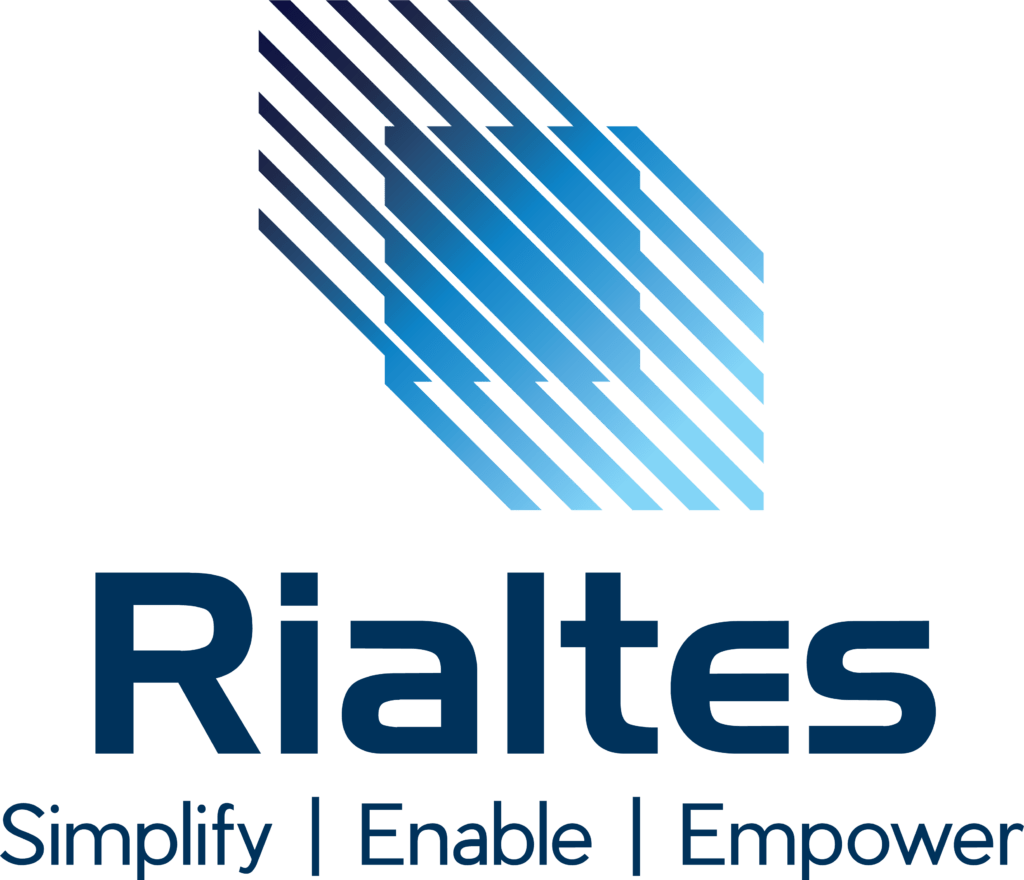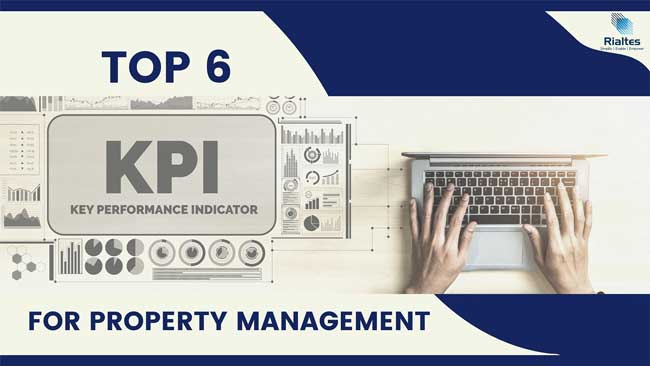A property management company is a responsible, result-oriented business at heart.
You have your, accounting, operations, marketing, and sales in place, just like any other company. But how are you measuring the success of your business? What are the key performance indicators (KPI’s) that your business is applying to?
Property management is a highly fragmented industry. There are individuals, companies with small number of employees, mid-size property management companies and big businesses with offices across multiple locations around the world. Measuring your business success and not losing focus of your goal is important if you are competing in such an environment.
What are SMART KPI’s?
KPI’s are standard measuring metrics, used to measure and monitor property management businesses results. It shows areas for improvement and helps team remain focused on the key performance areas which are essential for the property management company’s success.
Having SMART KPI’s means having KPI’s that are specific, measurable, achievable, realistic and timely. Based on your organizations size and vision, create KPI’s and measure them regularly. KPI’s will help your company monitor the year on year progress, identify areas for improvement and validate your position in the market to your customers.
What KPI’s should a property management company measure?
Every company and segment in property management would have different criteria’s for measuring success. However, we have found certain metrics that work well across the market and we have listed those down here. These KPI’s are something that every property management company should measure and if possible, customize their property management software to create reports around it.
- Vacancies v/s Occupancy
There are a few industry standards that your client will measure you against. One of the popular metrics in property management is vacancies v/s occupancy. In urban areas the market average in occupancy is around 95-96%. However, you can’t keep that as a standard for yourself if you operate in sub-urban or rural areas. If you customize your property management reporting in such a way that you can see your weekly, monthly or quarterly occupancy levels and compare that with market average then you are in a better position to measure your company’s success.
- Revenue Growth
Revenue growth should be the focus of a property management company, irrespective of size. Often, teams end up focusing too much attention on number of properties being managed, however that might not translate into an increased revenue. Keep a target of the revenue growth that you expect and work towards achieving that. Recession in economy, policy changes, one-time costs like buying a new property management software etc. need to be factored in when fixing or re-evaluating revenue growth.
- Tenant Turnover
Tenant turnover to a certain degree is normal, especially in multi-family units. As the family grows or the requirements change, they would move to a larger space, however apart from the average tenant turnover, keep an eye an out for any unusual changes. Like any other business, retaining existing customers is simpler than searching for a new one. In the event of a tenant move-out remember to take their feedback and understand the areas of improvement, similarly, focus on making the move-in easy for a good customer experience and better retention possibility. Have the move-in, move –out requirements as a KPI to understand the customer experience.
- Maintenance
Repairs and Maintenance means additional costs. It is always better to have regular audits of the property and check if the property needs any preventive repairs and maintenance. This is another way to keep expenses in check, instead of trying to fix things after they are broken. It also adds to the customer experience as the tenant will raise fewer maintenance requests. A property’s early maintenance expenses and its year on year report will help property manager understand the revenue outflow in terms of property maintenance and indicate for any rent revisions required.
- Customer Service
A leaking tap, if fixed in two hours from the time complaint is raised would mean a great customer experience for the tenant. A responsive customer service is often a subtle way of telling the residents, that they are valued. This will in turn result in referrals and better rent receivables. A customer survey will help you add value or a metric to the effort. Customer responses and your internal KPI’s can be a good indicator of a property management company’s popularity.
- Lead Generation
What are the number of leads generated and how many did translate into business? In this KPI while it is important to know the kind of business that came in, it is equally important to know what business was lost and why? If your existing customers are leaving, ask for an honest feedback to understand how you can improve. Keeping an eye on both these aspects will help you understand your businesses true profitability.
We believe these KPI’s need to be integrated in every property managers software, to help him achieve profitability and success for his business.









Excellent blogger, Thankx for posting the outstanding article. I found it handy. Kind regards !!